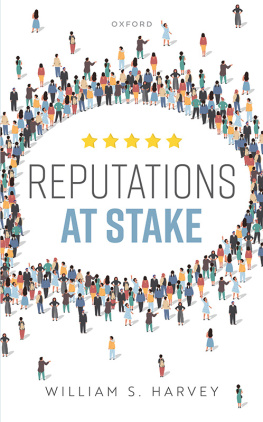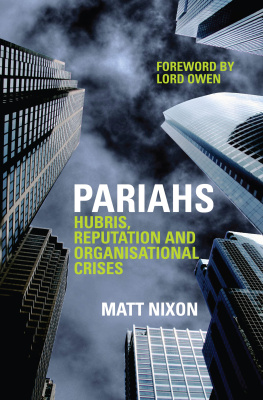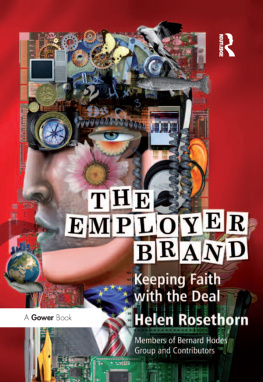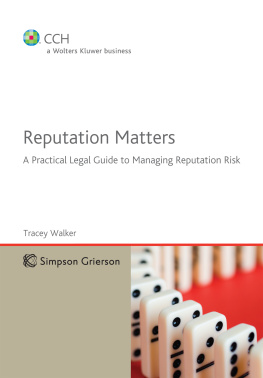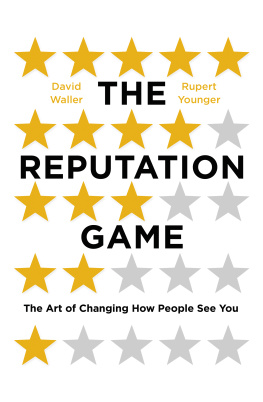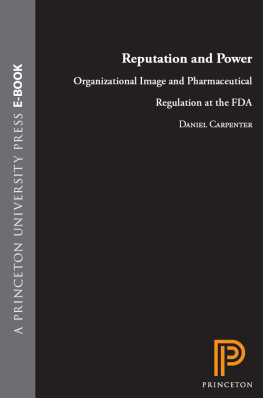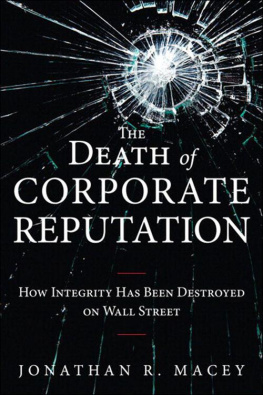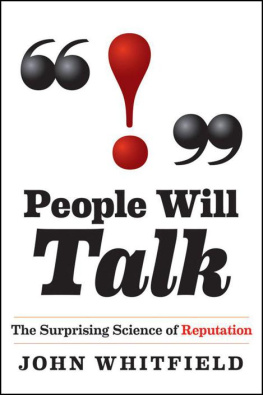

Great Clarendon Street, Oxford, OX2 6DP,
United Kingdom
Oxford University Press is a department of the University of Oxford. It furthers the Universitys objective of excellence in research, scholarship, and education by publishing worldwide. Oxford is a registered trade mark of Oxford University Press in the UK and in certain other countries
William S. Harvey 2023
The moral rights of the author have been asserted
All rights reserved. No part of this publication may be reproduced, stored in a retrieval system, or transmitted, in any form or by any means, without the prior permission in writing of Oxford University Press, or as expressly permitted by law, by licence or under terms agreed with the appropriate reprographics rights organization. Enquiries concerning reproduction outside the scope of the above should be sent to the Rights Department, Oxford University Press, at the address above
You must not circulate this work in any other form
and you must impose this same condition on any acquirer
Published in the United States of America by Oxford University Press
198 Madison Avenue, New York, NY 10016, United States of America
British Library Cataloguing in Publication Data
Data available
Library of Congress Control Number: 2022948739
ISBN 9780192886521
DOI: 10.1093/oso/9780192886521.001.0001
Printed and bound in
the UK by Clays Ltd, Elcograf S.p.A.
Links to third party websites are provided by Oxford in good faith and for information only. Oxford disclaims any responsibility for the materials contained in any third party website referenced in this work.
Contents
Acknowledgements
I would like to thank Claire Hilton for helping me to sharpen the structure, storyline, and narrative of the book. I am grateful for the financial support from the University of Exeter Business School to develop the book. I would also like to thank the team at Oxford University Press for helping me to improve the books wider appeal. I dedicate this to my parents, brother, wife, and two children who are the rocks in my life and who have been unwavering in their love and support to me.
Reputation Matters
Does reputation impact what you do? As children, how we perform in exams or interact with our peers affects how others perceive us. As adults, our success at applying for jobs or promotions is impacted by evaluations and judgements that others make of us. What we wear and own, what we say, who we interact with, where we work, what clubs we belong to, what we do with our time, and how we present ourselves in the real and virtual world all influence the perceptions that others have of us. Some people also reflect on and talk about their legacy, indicating that reputation can remain important long after death.
Years of research have revealed how reputation is formed, its importance and its fragility. On these pages, through a range of global examples across many sectors, you will come to understand why reputation matters, what threatens reputation, and what steps can be taken to mitigate reputation damage.
Reputation is not only something that we need to think about as individuals, but also in relation to our organizations, whether we are leaders, managers, or employees. I hear you say: Why should I care about reputation when I am not responsible for or paid to worry about such strategic issues? My answer is that as an employee your collective actions and behaviours have an impact on the perceptions of the quality of the product or service that you are delivering. If this is perceived as excellent, then your organization will have a strong platform from which it can be financially sound and meet the needs of different stakeholders. It will also increase the likelihood of repeat purchases, further investment, and other good employees wanting to work for your organization. An ambivalence or disinterest in your organizations reputation means you are unlikely to influence the direction of your organization. Therefore you will gain limited meaning from your work, which will affect how others perceive you and your organization, and this could undermine its financial performance and the engagement and satisfaction of a wide group of stakeholders. At best, this might lower performance and morale within your organization; at worst it could undermine its sustenance and lead to you and your colleagues being laid off. Reputation is at stake for all of us because it swings both ways, bringing both risks and rewards.
Let us begin by looking at reputation as a valuable intangible currency that allows organizations to accrue many rewards (Rindova et al., 2010) (see Diagram ).
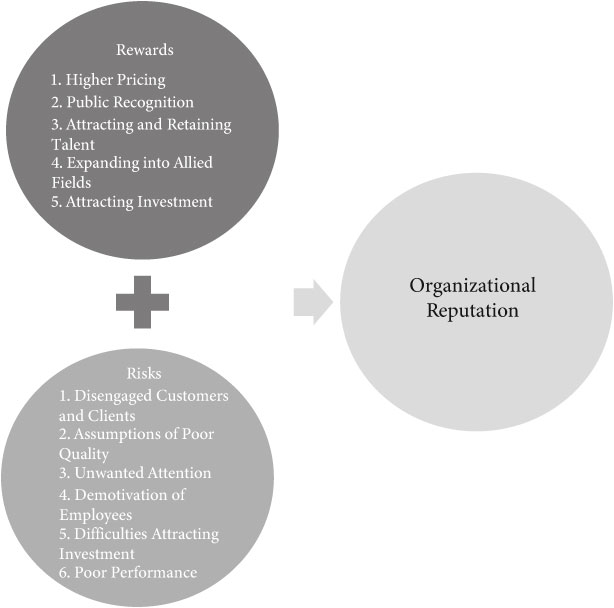
Diagram 1.1 The Rewards and Risks that Reputation Brings to Organizations
Reputation allows organizations to accrue rewards in five main ways:
Higher Pricing. Organizations with positive reputations can charge higher prices for their products and services. Think, for example, of what Apple Inc. charges its customers for an iPhone compared to other smartphone providers; or what McKinsey & Company bills its clients compared to other management consulting firms.
Public Recognition. Organizations with positive reputations start to gain public recognition, for example in mass and social media. The Global RepTrak 100 provides a reputation ranking for the worlds leading companies, which in 2021 rated the LEGO Group as number one, followed by Rolex and Ferrari. These are all prominent organizations who tend to receive significant public attention.
Attracting and Retaining Talent. Those who have positive reputations can both attract and retain talent, which provides them with a strategic advantage in the labour market compared to their competitors. There are many notable media organizations that provide such rankings: Fortunes 100 Best Companies to Work For rated Cisco, Salesforce, and Hilton as the three top companies in 2021. Such rankings inform how different stakeholders perceive organizations, as well as decisions around applying for and remaining with employers.
Expanding into Allied Fields. Once organizations have built an established reputation for something, it enables them to expand into allied fields. It is worth reflecting on how Amazon.com, Inc. started out in 1994 as an online bookseller and has subsequently expanded into a multi-billion-dollar multinational technology firm focusing on e-commerce, cloud computing, digital streaming, and artificial intelligence.
Attracting Investment. Organizations with positive reputations can attract investment from a variety of sources such as venture capitalists and shareholders, helping them to grow.
But reputation also has a downside and presents major risks for organizations too. There are six major risks associated with negative reputations:
Disengaged Customers and Clients. A negative reputation can disengage customers and clients. In 1991, Gerald Ratner, the CEO of a British jewellery company, gave a speech at the Royal Albert Hall in London, in which he jokingly said that its products could be sold at such a low price because its total crap. Following the speech, 500 million was knocked off the firms value and it very nearly collapsed. This lack of consideration for the customer gave rise to the expression doing a Ratner.
Next page
